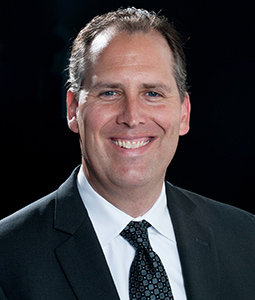Sports gambling is now legal in North Carolina, and the effects could be felt in South Carolina too.
University of South Carolina Department of Sport and Entertainment Management Professor John Grady calls the new law "a seismic shift for gaming laws in the Carolinas."
USC's Department of Sport and Entertainment Management is recognized as one of the top sport management programs in the nation, and its faculty features leading experts on sport gambling.

"With estimates that 60% of 18-22 year-olds have placed sports bets and a growing belief that prohibitions on gambling do not effectively stop the activity nor prevent gambling addiction, North Carolina follows the path of many other states," says Professor Mark Nagel. "This continues a trend in the aftermath of the 2018 Supreme Court decision in Murphy v NCAA which granted the right to states to evaluate sport gambling opportunities."
The new law allows those 21 and over in North Carolina to bet on college, professional, electronic and Olympic sports. It will take effect in 2024.
The arrival of legal sports gambling in neighboring North Carolina could have an impact on the debate in the Palmetto State. Just across the border in Charlotte, five venues (Bank of America Stadium, the Spectrum Center, Quail Hollow Country Club, Charlotte Motor Speedway and North Wilkesboro Speedway) will be permitted to offer in-person sports books under the new law.
"I would imagine this will speed up the process in South Carolina," says Professor Stephen Shapiro, whose research on sports gambling has been published in the Journal of Gambling Studies, Sport Management Review and the Journal of Sport Management, among others.
In South Carolina, bills which would legalize sports gambling have been introduced in the state legislature four times in the last five years, but none have made it out of committee. Governor Henry McMaster has been an outspoken opponent of legalization.

Associate Professor Tom Regan, who specializes in the economic impact of sport and entertainment, says the financial implications are nuanced. "It’s another way to increase state revenues without raising taxes," Regan says. "Like with the lottery in South Carolina, disproportionate demographics will spend money gambling. Those who benefit may not be those who spend."
Professor Brian Mihalik believes this move could give momentum to Native American tribes in North Carolina and South Carolina hoping to see the expansion of tribal-owned casinos in both states featuring all aspects of legalized gambling including sports.
